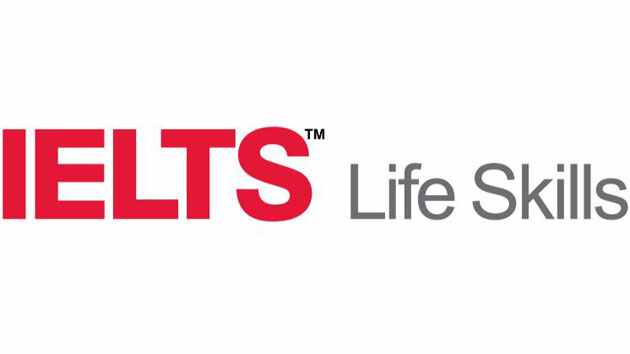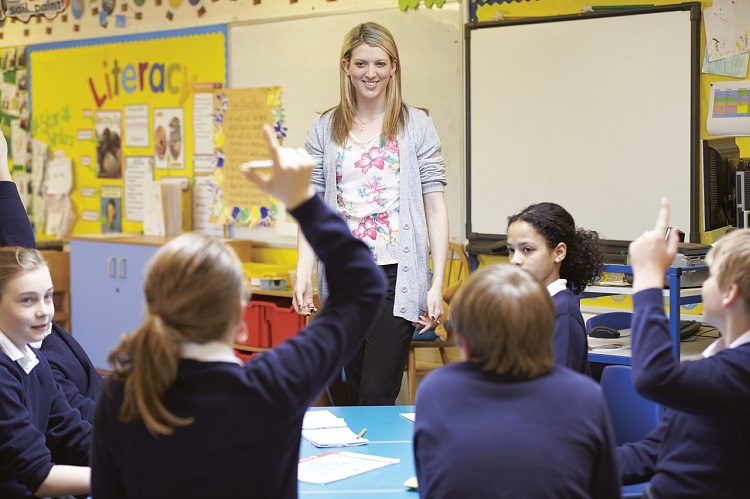Attending lectures and finishing homework are only aspects of college. This is a period for discovery, development, and inquiry. Group research is among the most transforming features of higher education. Students working together to study a topic, solve a problem, or produce something new not only enhances academic learning but also develops important life skills using this approach.
Collaborative research stands out as a great instrument to equip students for both their careers and personal development in a society more and more driven by creativity and teamwork. Let's see how this active process shapes the college education.
Building Critical Thinking Skills
Collaborative research pushes students to think beyond surface-level answers, encouraging them to analyze problems deeply and come up with creative solutions. Working with peers exposes students to diverse perspectives, which fosters critical thinking by requiring them to evaluate and integrate different viewpoints. For instance, when a group debates how to approach a complex topic, every member contributes unique insights, creating a rich environment for intellectual growth.
This process helps students refine their ability to question assumptions and construct well-supported arguments. To be inspired by different approaches and ideas, students can explore a free research essay example that highlights diverse ways of tackling academic challenges. Reading through these examples allows students to learn more about structuring their work, analyzing data, and presenting findings effectively. Ultimately, collaborative research combined with insightful examples encourages students to think independently while benefiting from shared knowledge and collective exploration.
Improving Communication and Teamwork
Cooperative research is fundamentally based on teamwork. Whether it's assigning chores, arguing ideas, or reporting results, good and straightforward communication is vital. Skills that are priceless not only in college but in all phases of life: learning to articulate thoughts and practice attentive listening to others.
Consider a collaborative project which every student serves a designated role—researcher, writer, or presenter. Miscommunication could cause missing deadlines or conflicting efforts. The project runs well, though, when team members interact honestly and value one another's efforts. These encounters equip students with highly sought-after abilities in any business: those of navigating group dynamics, dispute resolution, and goal attainment.
Bridging the Gap Between Theory and Practice
The capacity of cooperative research to link theoretical knowledge with practical uses is among its most fascinating features. Many times, students work on projects requiring hands-on participation—that is, whether they involve data analysis, expert interviews, or experiment running. This real-world experience helps close the knowledge gap between what students acquire in the classroom and how they could put it to use in daily life.
A team investigating urban transportation, for example, would compile information by polling commuters, examining traffic patterns, and investigating substitute transit options. By use of these exercises, students observe how intellectual ideas—such as statistical analysis or policy-making—become concretely visible. Along with deepening knowledge, this practical experience gives students tools they will need in their future professions.
Enhancing Personal Growth and Independence
Cooperative research is a voyage of self-discovery as much as a team effort. Working together, children come to feel accountable for their individual efforts. They pick up time management, deadline meeting, and unforeseen problem adaptation skills. These encounters help one develop resilience and independence—qualities essential for success in all kinds of work.
Another ability that grows well in group environments is leadership. Someone has to organize activities, mediate disputes, and maintain the project on schedule even in a group. Assuming these roles helps students develop confidence and gets them ready for leadership in their next projects. In the end, group projects enable students to better recognize their talents, shortcomings, and potential—a priceless insight from their time in college.
Cultivating a Sense of Community
Collaborating on a research project generates a special kind of friendship. Students create close relationships with one another as they exchange ideas, conquer obstacles, and mark accomplishments. Many times, these ties go beyond the project to form a strong network that lasts long into the future.
Cooperative research links students with professionals in their fields of interest as well as faculty members. These connections might lead to internships, mentoring, even employment possibilities. Through a feeling of community, cooperative research enables students to feel more connected to their academic and professional settings, so enhancing the richness and fulfillment of their college experience.
Overcoming Challenges in Collaborative Research
Collaboration isn't always easy sailing, of course. Sometimes development is disrupted by differences, unequal participation, and poor communication. These difficulties, meantime, also provide excellent teaching moments. Students learn how to negotiate difficult interpersonal dynamics by means of constructive conflict resolution and guarantee of everyone having a voice.
Teams can also remain orderly and on target by means of tools such shared papers, project management applications, and frequent check-ins. Overcoming these challenges jointly not only fortifies the group but also teaches resilience and adaptability—qualities important in any workplace.
Practical Examples of Successful Collaborative Research
Many ground-breaking discoveries start with group projects. College teams have created original ideas in areas including artificial intelligence, public health, and renewable energy, for example. Usually beginning modest, these initiatives involve students pooling their knowledge and abilities to address a current problem.
Modern tools like Google Workspace, Slack, or research-specific systems like Mendeley simplify teamwork than they did years ago. These technologies let students cooperate effortlessly even though they live far apart. hence the outcome is Projects with not only originality but also polished quality and force.
Conclusion
Cooperative research is a transforming experience that improves learning, develops vital skills, and gets students ready for the demands of the real world—not only a group project. This strategy makes college an adventure of discovery and development by encouraging critical thinking, communication, and a feeling of community.
Thus, the next time you are given the chance to work on a research project alongside colleagues, really commit yourself. Worth their weight in gold, the knowledge you acquire and the relationships you create will pay off. After all, our collective ability will determine the course of education as well as maybe the fate of the planet.

.jpg)




